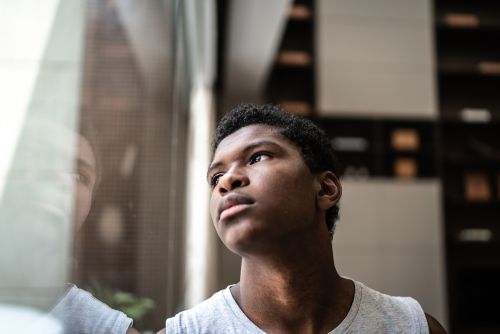Loneliness impacts the well-being of cancer survivors

School, work, and relationships after cancer treatment can be hard. Sometimes survivors feel like they don’t fit in. This can lead to loneliness and feeling disconnected. Scientists looked at loneliness in 9,664 survivors of childhood cancer and their siblings.
The study showed that survivors have more loneliness, which has important effects on their emotional and physical health. Feeling lonely was linked to anxiety, depression, and suicidal thoughts. Loneliness can also lead to worse overall health and risky behaviors like heavy drinking and smoking.
If you feel lonely, afraid, or depressed, you should take action:
Remember, your health care team is there to help you.
Papini C, Fayad AA, Wang M, Schulte FSM, Huang I, Chang Y, Howel RM, Srivastava D, Leisenring WM, Armstrong GT, Gibson TM, Robinson LL, Oeffinger KC, Krull KR. Emotional, behavioral, and physical health consequences of loneliness in young adult survivors of childhood cancer: results from the Childhood Cancer Survivor Study. Cancer. 2023; 129(7): 1117-1128.